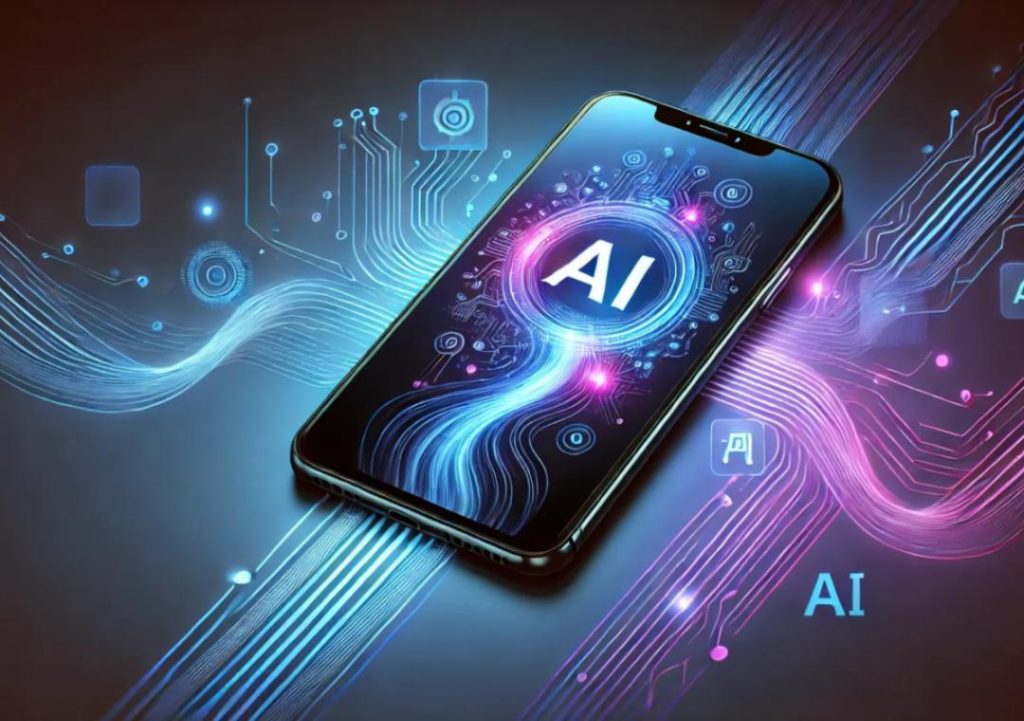
Agentic AI Shifts Apps from Passive Tools to Proactive Helpers
The rise of mobile applications has revolutionized the way we live, work, and interact with one another. From social media to productivity tools, apps have become an integral part of our daily lives. However, traditional apps have functioned like vending machines – users had to select, confirm, and repeat. But what if apps could do more than just wait for our commands? What if they could take initiative, understand our evolving preferences, and handle dynamic requests?
Enter agentic AI, a game-changing technology that’s disrupting the app paradigm. By embedding intelligence into the core of the experience, agentic AI is transforming apps from passive tools to proactive helpers. In this blog post, we’ll explore the implications of this shift and what it means for users, developers, and businesses alike.
The limitations of traditional apps
Traditional apps are designed to perform specific tasks, such as sending emails, browsing social media, or playing games. They’re built to follow a set of predefined rules, and users interact with them through a series of commands and inputs. This passive approach has its limitations. For instance:
- Limited personalization: Apps often rely on user input to tailor their experience, which can lead to a one-size-fits-all approach. Users may find themselves stuck with an app that doesn’t quite meet their needs.
- Inflexibility: Traditional apps are designed to perform specific tasks, which can make them inflexible and unable to adapt to changing user needs or preferences.
- Lack of proactivity: Apps wait for users to initiate actions, which can lead to inertia and a lack of engagement.
The rise of agentic AI
Agentic AI is a type of artificial intelligence that enables apps to take initiative, understand evolving user preferences, and handle dynamic requests. This technology is built on the principles of human-like intelligence, including:
- Self-awareness: Agentic AI apps have a sense of self and are able to understand their own capabilities and limitations.
- Creativity: Agentic AI apps can generate novel solutions to complex problems and adapt to new situations.
- Social intelligence: Agentic AI apps can understand human behavior, emotions, and motivations, allowing them to interact with users in a more empathetic and personalized way.
The benefits of agentic AI
The shift from traditional apps to agentic AI brings numerous benefits for users, developers, and businesses. Some of the most significant advantages include:
- Enhanced personalization: Agentic AI apps can learn user preferences and adapt to their needs in real-time, providing a more tailored experience.
- Increased flexibility: Agentic AI apps can respond to changing user needs and preferences, making them more versatile and adaptable.
- Improved engagement: Agentic AI apps can initiate actions and interactions, reducing the need for user input and increasing engagement.
- Better decision-making: Agentic AI apps can analyze complex data and make informed decisions, providing users with more accurate and timely information.
Real-world examples of agentic AI
Several apps are already leveraging agentic AI to revolutionize the way we interact with technology. Some notable examples include:
- Virtual assistants: Virtual assistants like Siri, Google Assistant, and Alexa are agentic AI-powered, allowing users to interact with them in a more conversational and natural way.
- Personalized music streaming: Music streaming services like Spotify and Apple Music use agentic AI to curate playlists based on user preferences and listening habits.
- Travel planning: Travel apps like TripIt and Travelocity use agentic AI to plan itineraries, book flights and hotels, and provide personalized recommendations based on user preferences.
The future of agentic AI
As agentic AI continues to evolve, we can expect to see even more innovative applications of this technology. Some potential future developments include:
- Increased adoption in healthcare: Agentic AI-powered healthcare apps could revolutionize the way we manage chronic conditions, provide personalized treatment plans, and interact with healthcare professionals.
- Enhanced customer service: Agentic AI-powered customer service chatbots could provide more empathetic and personalized support, reducing wait times and improving overall customer satisfaction.
- Smart home automation: Agentic AI-powered smart home devices could learn user preferences and adapt to their needs, making it easier to control and interact with smart devices.
Conclusion
Agentic AI is transforming the way we interact with technology, shifting apps from passive tools to proactive helpers. By embedding intelligence into the core of the experience, agentic AI apps can understand evolving user preferences, handle dynamic requests, and take initiative. Whether it’s rescheduling a meeting or curating a playlist, the app no longer waits for commands. As this technology continues to evolve, we can expect to see even more innovative applications and a future where humans and machines work together in harmony.
News source:
https://www.growthjockey.com/blogs/agentic-ai-in-app






